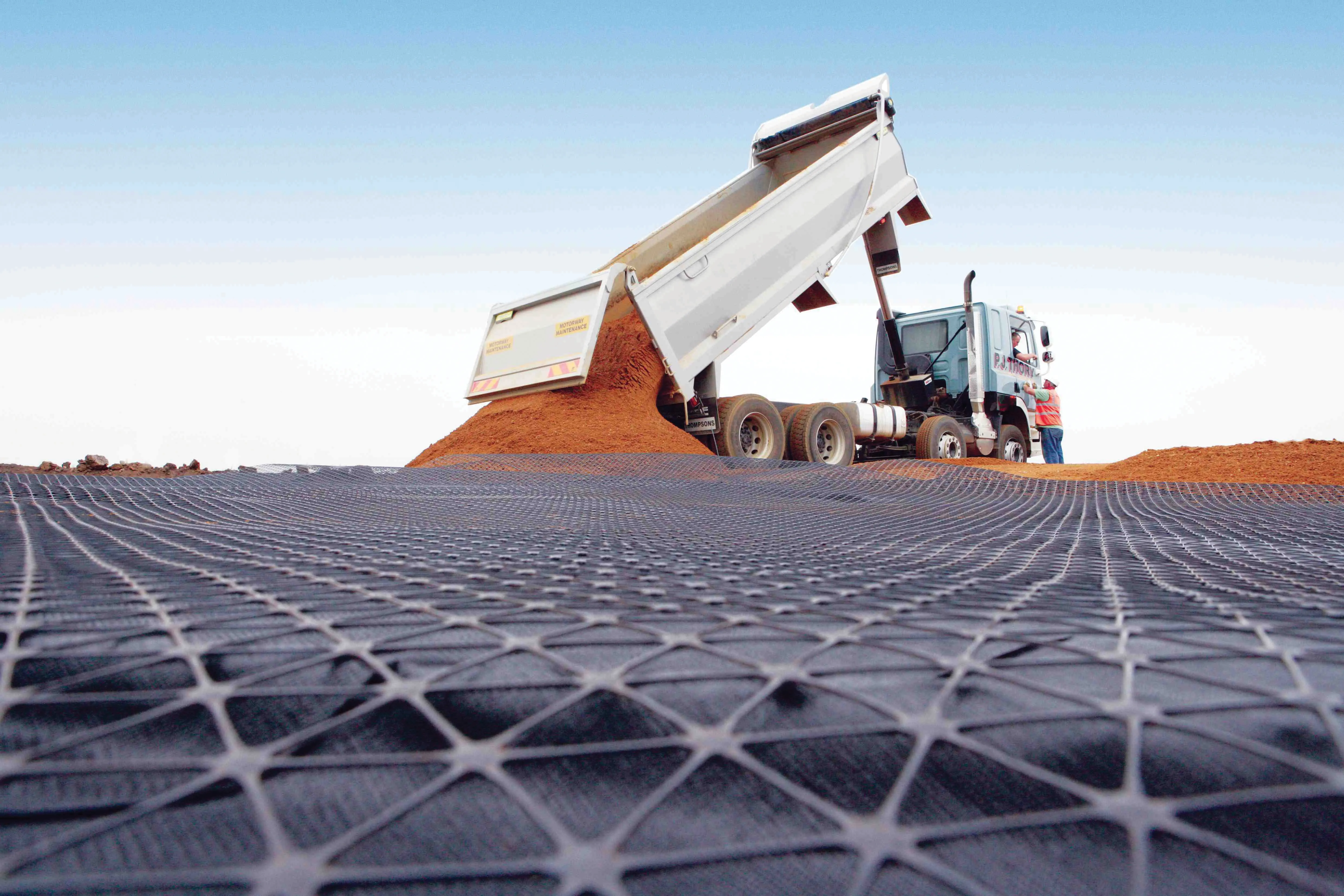The island of Reunion is to benefit from a new coastal road route that will reinforce the country’s connectivity. Construction company Egis will act as prime contractor for those firms carrying out work on the project. The work will involve building viaducts and dams to make way for the new road and the construction companies involved in the project will also focus on issues including environmental engineering. Egis will handle the project management and other aspects of the work will include overall design
June 23, 2014
Read time: 1 min
The island of Reunion is to benefit from a new coastal road route that will reinforce the country’s connectivity. Construction company 2643 Egis will act as prime contractor for those firms carrying out work on the project. The work will involve building viaducts and dams to make way for the new road and the construction companies involved in the project will also focus on issues including environmental engineering. Egis will handle the project management and other aspects of the work will include overall design, providing geotechnical support along the route, and planning for the road geometry and traffic management while the work is underway as well as for the finished road.







